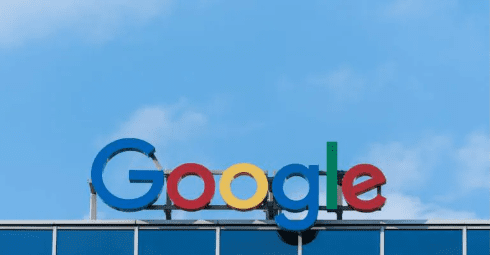A law in Australia that gave the government the power to make Facebook’s owner Meta Platforms and Alphabet Inc negotiate content supply agreements with media outlets had largely succeeded, according to a government report.
The law took effect in March 2021 following talks with tech companies. This led to the temporary suspension of Facebook’s news feeds in the country. However, the review found that tech companies had signed more than 30 deals to compensate media outlets for clicks and advertising dollars generated by the code. According to the report, “At a minimum, some of these agreements have allowed news businesses to, in special, employ additional journalists and to make other valuable investments that will support their operations.”
While opinions on the success of the Code will always differ, it is reasonable for us to conclude that the Code was a success so far.
The majority of the report recommended that the government examine new methods for assessing the administration of and effectiveness of the law. It did not recommend changing the law.
It did however note that the law was lacking a “formal mechanism to extend Code to other platforms” and suggested that the government direct the competition regulator, who designed the law, “to prepare reports on this question.”
Assistant Treasurer Stephen Jones stated that the Code was successful in balancing bargaining power among news media and digital platforms.
“Digital platforms should continue to negotiate with news businesses in good faith to ensure that they are fairly compensated for the news content that they create.”
Lucinda Longcroft, Google’s director of Australian government affairs, stated that the company has “furthered our significant contribution to Australia’s news industry” by signing deals for 200 mastheads. “The majority of these outlets [are] regional or local.”
The benchmark S&P/ASX200 index fell 61.88 points or 0.85% to 7,229.39 at the closing bell. The All Ordinaries index, which measures the broader market, was down 64.56 points or 0.86% to 7,423.16.
The S&P/ASX 200 Index Index was lower than 10 of the 11 sectors. Information Technology lost 3.3%, followed closely by CONSUMER DISCRETIONARY (down 1.8%), ENERGY (32%), and UTILITIES (14%).
Coronado Global was up 3.3%, while Champion Iron was up 2.7%. BEACH ENERGY was down 9.9%, while PALADIN ENERGY was down 7.4%.
Oil prices fell to an 11-month low Tuesday, indicating that energy stocks were also in decline. This was due to concerns about the outlook for energy demand and uncertainty surrounding the Fed’s tightening. West Texas Intermediate Crude Oil futures ended January lower by $2.68, or 3.5%, at $74.25 per barrel. Woodside Energy lost 2%. Ampol, a petroleum company, also fell 1.7%. Santos closed at 1.1% after it announced higher shareholder returns and an additional A$ 523 million increase in its on-market share purchase back.
Financials were lower with all four major banks closing in the red. This was exacerbated by ANZ which lost 1.4%.
Materials shares were up with Yancoal rising 4.1% and Fortescue Metals increasing 2.3%.
Pilbara Minerals saw a 2.2% increase, while BHP was only 0.1% higher. Coronado Global Resources inched up 2.7%. Grange Resources, an iron ore producer, closed the year with a 5.1% increase. 29Metals, a copper producer closed 3.3% higher.
ECONOMIC NEWS – Australia’s third quarter 2022 gross domestic product grew 5.9% year over year, according to the Australian Bureau of Statistics. The GDP grew 0.6% on a quarterly adjusted basis. This is a slowdown from 0.9% over the three previous months. After rising 0.2% in Q2, capital expenditure fell 0.2% quarter-on-quarter. The GDP deflator increased 0.2% the quarter-on-quarter after climbing 3.3% in the previous quarter.



































